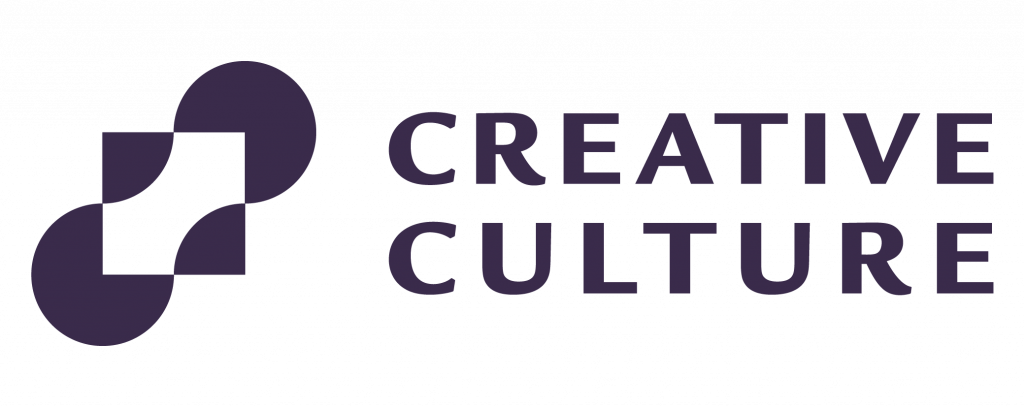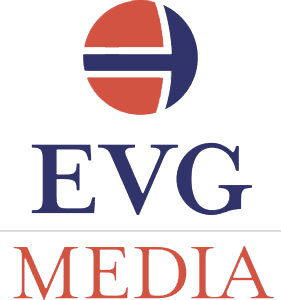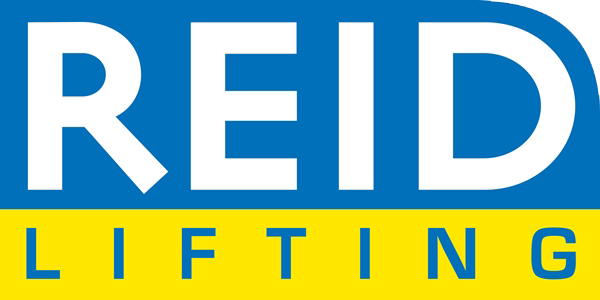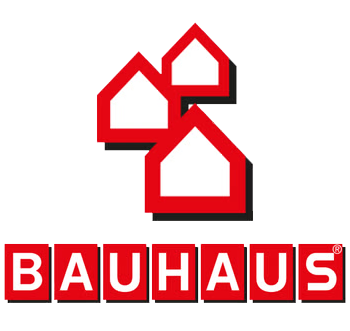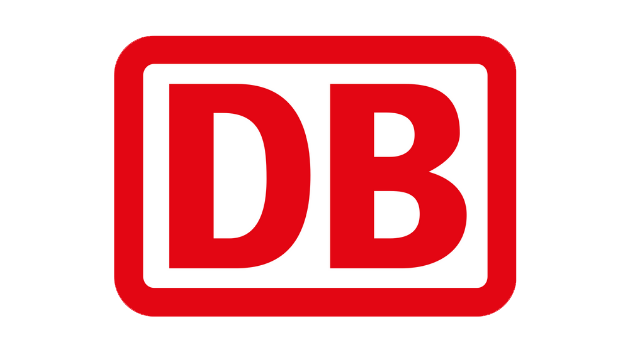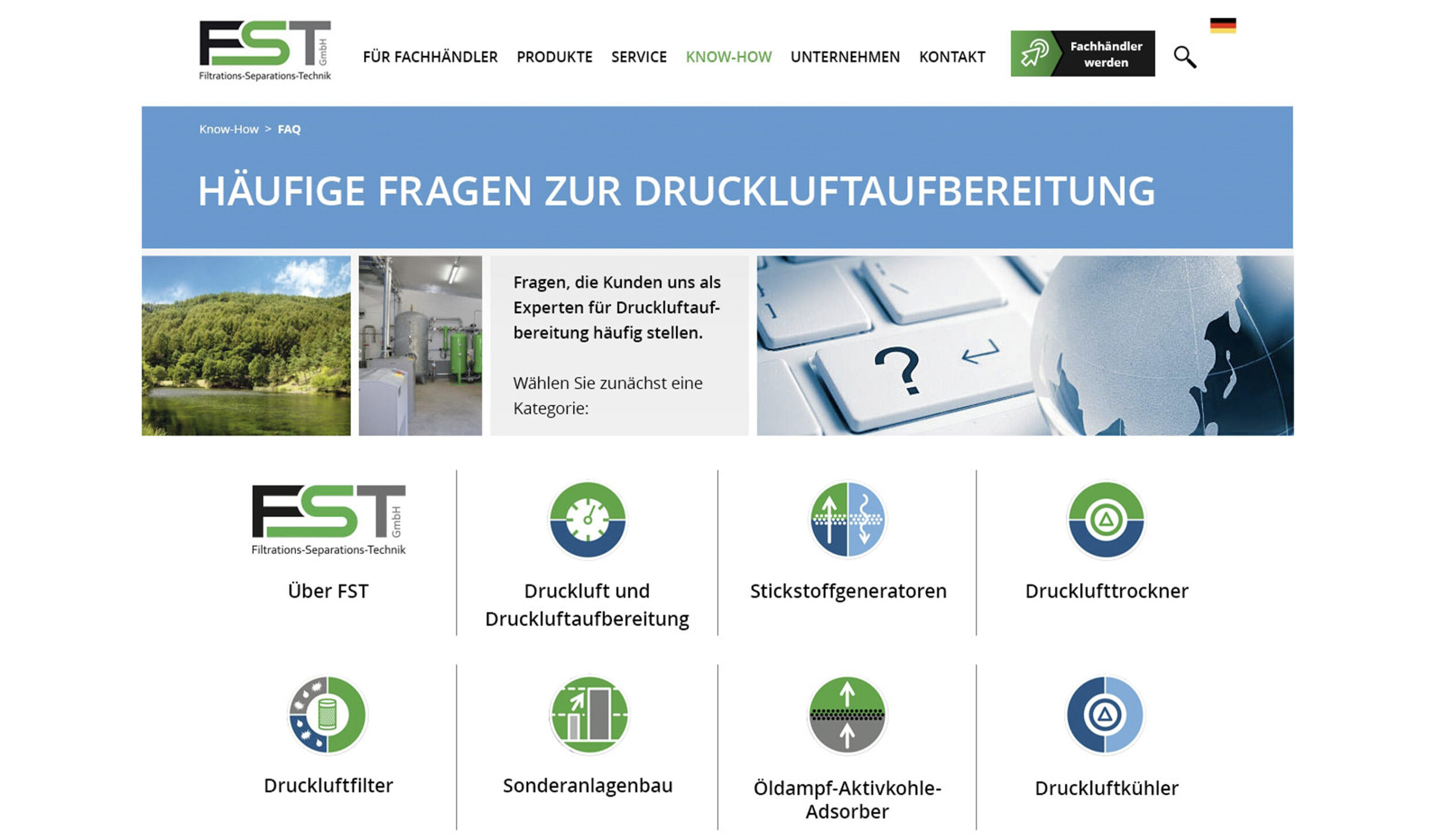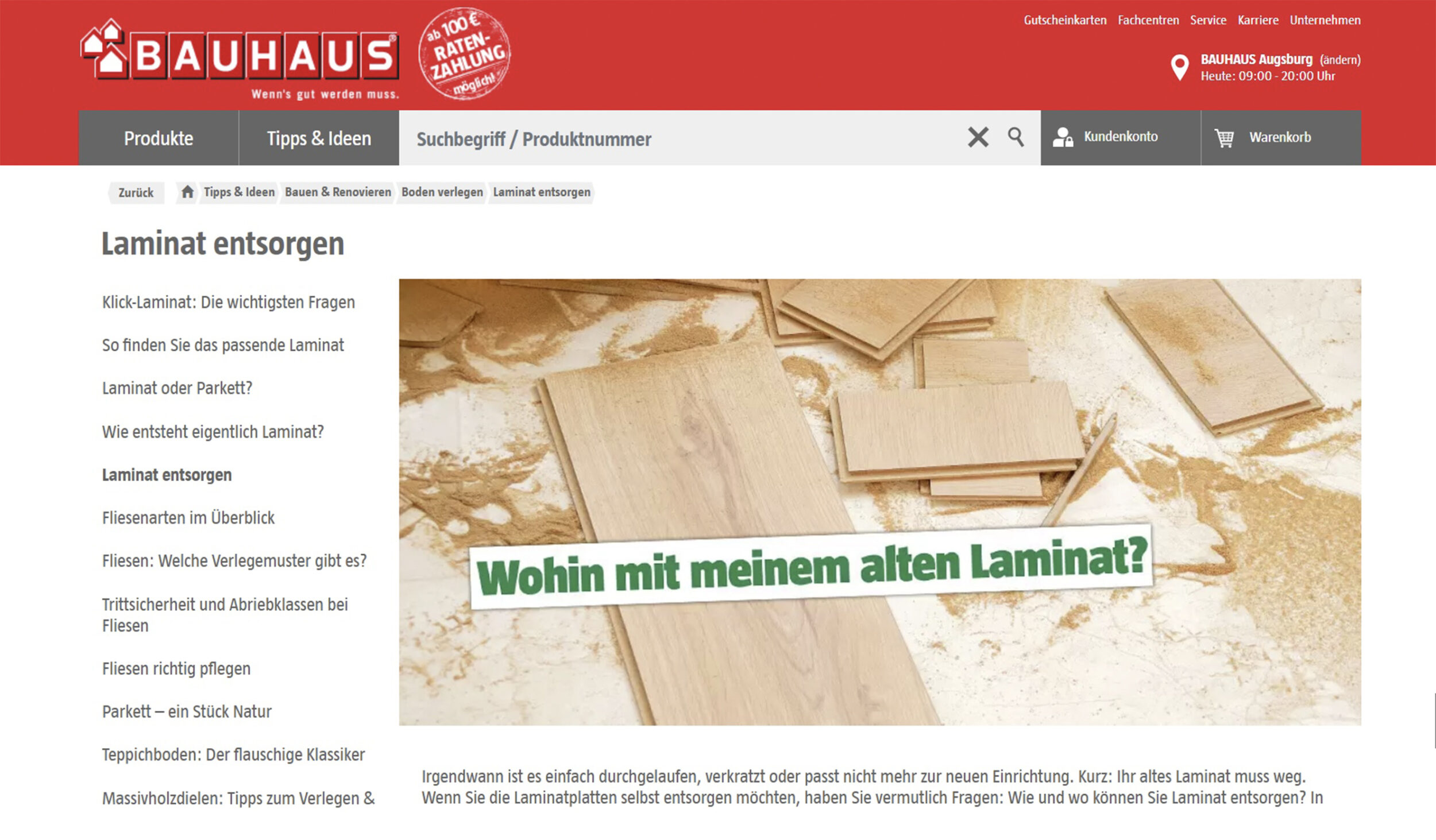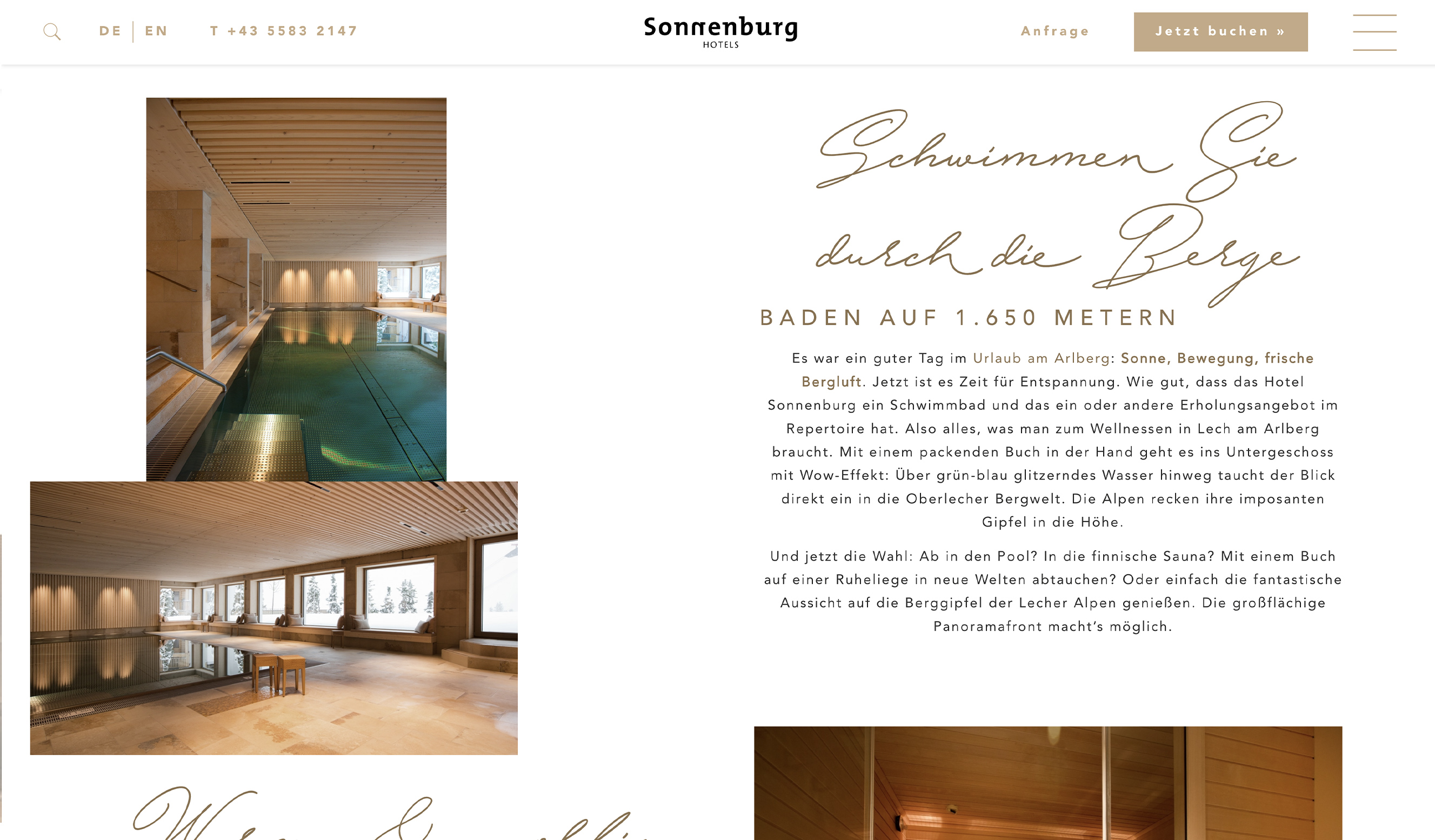SEO services for…
My German SEO services
Content & Copywriting in German
- Unique blog content for SEO
- German website copy: homepage, static pages, about, contact, FAQ
- Landing pages that convert and fit your SEA strategy
- Content editing: rewriting existing SEO copy
Multilingual SEO Consulting
- 1:1 SEO consulting on best practices and current trends
- content audit and competitive analysis
- SEO content strategy for website launch & relaunch
- monthly SEO monitoring & reporting
German website translation
- SEO-optimised content in German
- German website translation and localisation
- keyword research for the DACH market
- multilingual SEO strategy
Travel SEO
- Consulting & SEO strategy for hotels and destinations
- German travel writing for website & blog
- Optimizing hotel profiles on booking platforms
- SEO for human resources
From the beginning, Monika created a clear content plan for the relaunch of our website in German and English – and patiently explained the ins and outs of SEO. We highly recommend working with her.
Karsten Endrejat, Head of Export Sales & Marketing, FST GmbH

Success stories
My German SEO services have already helped these companies to achieve their marketing goals in Germany, Switzerland, and Austria.
Pricing for my German SEO services
You know your marketing budget. And the cost of the content should match it. For clients looking for German SEO services, pricing is one of the most important questions. On my pricing page you will find the cost of the most popular SEO packages as well as my hourly rate as a German SEO specialist.
Dear Monika – a big thank you for your support, your patience, and your creativity! We are super happy with our German website content and I would not have thought that balancing A) beautifully written copy and B) creating an SEO Porsche could be achieved so smoothly.
Ira Brinkmann, CEO, ffine design agency

Tips for top rankings
Discover useful insights, trends as well as advice on German SEO services and content marketing on my blog.
- SEO & Content Marketing: A German content specialist’s 6-step plan for success
- SEO-Translation – How to Rock (German) Website Translation
- Mastering SEO reporting: How to track and analyze your website
Ready for quality German SEO services?
I can help you optimise your website with cutting-edge German SEO services. Without the jargon. Instead, I offer solution-oriented, practical advice and engaging content that really converts. Contact me for more information and a no obligation quote.
What clients ask me about my German SEO services …
My rates are transparent and predictable – essential for budgeting. For example, a monthly budget of €990 covers around 10 hours of work.
My focus is on providing high quality content that delivers measurable results over time, rather than offering the cheapest rates. SEO content is not just a one-off activity, it’s a long-term process that delivers medium to long-term results.
For more detailed information and context, please see my pricing page.
I have worked most extensively with clients in the travel industry (destinations and hotels) as well as international IT and industrial clients.
In addition, I’ve effectively applied my skills to various service sectors, as well as health tech and legal, demonstrating my versatility as a German SEO copywriter for a wide range of industry needs.
Absolutely! In fact, I regularly write German SEO content for international clients from the UK, Switzerland, USA, Netherlands, Australia and Austria.
My English skills and experience of working remotely enable me to meet the diverse content needs of different markets.
As a German SEO copywriter, I focus on creating and optimising German SEO content for international websites and blogs.
My skills range from SEO audits and strategy development to localised UX writing, SEO monitoring and reporting – all tailored to increase your traffic in Germany, Switzerland, and Austria.
Creating a new, fully optimised piece of German SEO content of 1,200 words typically takes 4 to 8 hours, depending on the industry and complexity.
This timeframe includes
– Keyword research
– Content research
– Meta data
– Content writing
– Internal links & external backlinks
– SEO image optimisation
If you want me to translate and localise this content into another language such as English, this will add another 4 to 8 hours.
Quite well: Your overall marketing strategy gives you specific goals and combines different marketing tools to achieve those goals.
Does your strategy include goals that are in any way related to the German-speaking market?
For example
– More traffic to your German website
– More hotel bookings from a German target audience
– Higher market penetration for your website in Germany, Austria, or Switzerland
– Better visibility for your shop in German-speaking countries (local SEO)?
In this case, I change my answer from “quite well” to “you should definitely consider doing German SEO content marketing”.
Google (and all the other search engines) are getting smarter – not just in Germany, but all over the world. This means that their algorithms are getting better at understanding what makes us human.
Content that we humans consider good content is therefore increasingly considered good content by Google, Yahoo, Bing and others.
When I write German SEO content, I try to understand what people are looking for. And then give them exactly that: guidance, information, entertainment – in short: real added value.
This is why, as an SEO writer, I dare say that websites with high quality SEO content will rise in the rankings. With Google, as with all other search engines.
My approach as a native German SEO copywriter is unique in that I combine my German and English language skills with a strong understanding of SEO.
This mix allows me to create content that not only engages readers, but also ranks well in search engines such as Google or Bing.
I measure the success of my SEO copywriting through constant monitoring and easy-to-read reports.
I use specialised SEO tools to track keyword rankings, analyse website traffic and assess the exact return on investment for your German SEO content. This ongoing analysis also allows me to fine-tune your strategy and ensure that your content is working hard to stay relevant to search engines – and your customers.
Yes, you can translate both
– Content that is already SEO-optimised into English
– ‘Normal’ website content
into German with a so-called SEO translation that can rank for relevant German keywords.
By adapting your content to the needs of your German-speaking customers, you can ensure better rankings for your website in Germany, Austria, and Switzerland.
Counter question: Do you want your website to be found on Google by customers in Germany, Switzerland, and Austria? If so, having your website translated by a native German SEO translator is a wise investment.
Once a professional translator has strategically translated your website from English into German, it will increase traffic – and therefore your online sales.
In my guide ‘SEO Translation – How to Rock (German) Website Translation’, I explain what you should consider when translating your website into German.
Let me give you four good reasons why, when in doubt, you should prefer a native speaker to write your German content:
Tone of voice:
A native German copywriter knows how to speak to your German audience. “Du” or “Sie”, first name or last name: If used incorrectly, your target audience may feel a little confused or even offended. If you want to sell something, the correct form of address is key.
Subtleties:
The German language is full of similar terms. Even terms listed as synonyms are not always one hundred percent identical. A native German content writer is more likely to know which one is actually used by your target audience. This is especially important for search engine optimised (SEO) copy.
Cultural knowledge:
Perhaps your online store has a Mother’s Day special offering selected products at a reduced price. In other countries, such as Germany, Mother’s Day may be celebrated on a different date. In this case, it might be a good idea to postpone the discount promotion. A native speaker is an expert in cultural nuances and can give you valuable tips.
And that’s not all. Humour, in particular, can be very culturally specific and therefore tricky. You do not want to sound obnoxious, arrogant or strange. Only a native German copywriter will be able to adjust the effect of a piece of content on your German-speaking target audience.
Grammar, grammar, grammar:
German grammar (like the grammar of many languages) can be learnt up to 99% – the rest is a feeling for the language. This is the gift of a native speaker. (You’ll see what I’m talking about if you, as a native English speaker, read these lines written in English by a native German copywriter. Not exactly the same, I know…)
SEO copy is content written specifically to be found by search engines.
German SEO content will make your website more visible in Germany, Switzerland, and Austria, attracting more German-speaking visitors and increasing their interactions as well as time spent on the site.
If you neglect SEO for your multi language website, you are literally missing out on a world of potential.
However, if you strategically combine your SEO strategy for your home market with a German SEO strategy, you will see an increase in organic traffic for both target markets. In this way, you can increase customer acquisition and website traffic in your home market as well as in Germany, Switzerland, and Austria.


